| |
Jessica Moss
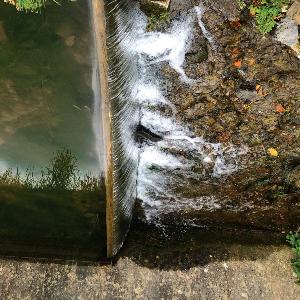
Phosphenes
Constellation - 2021
Harun Zulic
|
It's almost two years since the worldwide pandemic started. Some of us are still fighting our demons to make our extra time productive and creative. In busy pre-pandemic routines, many artists were craving spare time when they would be able to create new art. And indeed, the isolation was a jackpot for many who were creative in so many ways. Jessica Moss, a Montreal-based violinist and composer, was one of the lucky ones that used the time to create new art, resulting in the six-track album Phosphenes.
The title of her third solo album is named for what Merriam-Webster defines as "luminous floating stars, zigzags, swirls, spirals, squiggles, and other shapes that you see when closing your eyes tight and pressing them with your fingers." Indeed, while thoughtfully listening to this album, one can sense all those lights coming from the darkness. Following the steps of previous albums, Moss has reached a new level of immersive isolation and post-industrial music that partially emphasizes tone and dark-droning atmosphere with discordant overtones.
The three-movement 'Contemplation' slowly layers individual instrumental voices and builds harmonic clusters, moving parallel through consonant and dissonant flow. Each movement starts with a four-note sequence that appears repeated several times and combined with another melody. In moments when Moss includes pedal or drone notes, we can hear a few tunes at a higher pitch level that could represent self-reflection, something we all have experienced throughout the pandemic. Although each of these three tracks presents pure improvisation coming from the artist's individual state of inspiration, they together represent a kind of three-part repetitive form A-A1-A2 that can be found in post-minimalist music, such as Arvo Part's 'Tabula Rasa' or 'Spiegel im Spiegel'.
No less attractive are 'Let Down', 'Distortion Harbour' and 'Memorizing and Forgetting', the album's last three tracks. Descending melody movements are still present through all but with different structural organizations supported by additional instrumentation. 'Let Down', for example, starts with Moss's signature dark crescendo, which evolves into a unique violin melody and lamenting voice that hints at Balkan or even Middle Eastern tropes, which Moss has by her own admission been exposed to.
The most unique experience comes from 'Distortion Harbour', which stands out using hard and asyndetic distortion sound, followed by loud violin melodies and vibrating electronic sound. This and 'Let Down' are the result of a collaboration with her erstwhile A Silver Mt. Zion bandmate Thierry Amar and his aggressive and ambient upright bass playing.
The closing 'Memorizing and Forgetting', Phosphenes' most emotional song, is a gentle duet of Moss' piano, violin and guitar and Julius Lewy's soft vocal. The song is a lullaby of sorts, concluding with a child singing, "Don't be sad. I love you. And you know I love you. And don't be sad. I love you."
If you want a moment of self-reflection, give an ear to Phosphenes. And as Moss has written, "Look for the biggest feelings of love you have for the world in here (standing in the desert + hot air blowing over you, somewhere behind you is the ocean, somewhere ahead of you there are mountains)."
|
Constellation
|
Suggestions
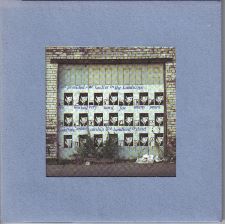
Do Make Say Think
Goodbye Enemy Airship the Landlord is Dead
Constellation
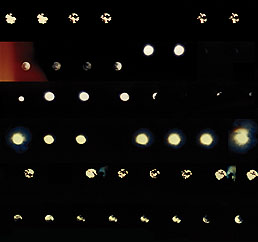
Jerusalem In My Heart
Mo7it Al-Mo7it
Constellation
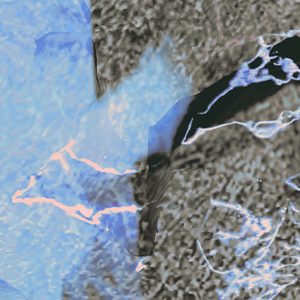
Automatisme
Non-representation Field (download track)
Constellation
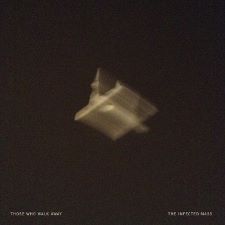
Those Who Walk Away
The Infected Mass
Constellation

Feu Therese
Feu Therese
Constellation
|








